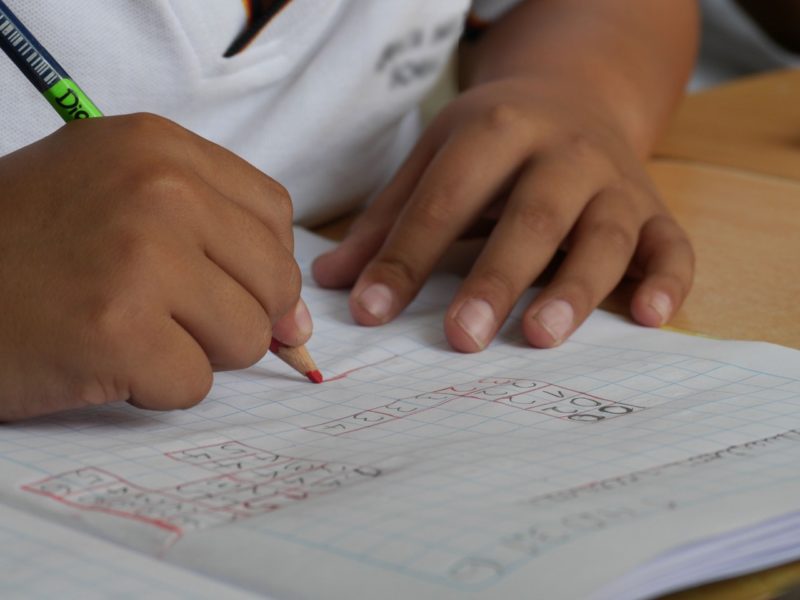Grouping students into ability-based sets holds back less able pupils


Students classed as less able are being hindered by being grouped into ability-based sets, according to new research published today in the Cambridge Journal of Education.
Teachers’ expectations of pupils in lower sets, which are based on their prior academic record and closely tied to the belief that their behaviour will be more challenging, could instil a damaging ‘culture of dependency’ on teachers among these groups.
Researchers used questionnaire data generated from almost 600 Maths and English teachers based in 82 UK secondary schools, alongside interviews with teachers, to understand how grouping students into sets influenced the independence of lower attaining students.
They found that 70% of studied teachers modified their teaching methods to match students’ prior attainment. Students in lower sets typically faced a reduced curriculum based on more structural, repetitive tasks, and more one-to-one time with teachers. Teachers of these pupils were often reluctant to risk overstretching them by teaching overly complex content.
As lead author of the article, Dr Anna Mazenod from the UCL Institute of Education in the UK, explains: “Our findings suggest that secondary school students in the so-called bottom sets may be unintentionally encouraged to remain more dependent on their teachers in comparison with their peers in higher sets.
“Teachers tend to perceive bottom-set students as more ‘dependent learners’, and may not build in scope to allow for students to develop their independent learning skills. This can hinder students in making the most of learning opportunities in their ongoing education, as independence is a key component of successful learning.
“From a social justice perspective, our findings raise the concern that such approaches could impede an independent learner identity being a goal for all students.”
As many of the studied teachers recognized, labelling certain students as lower attaining and placing them in numbered sets could also harm their self-confidence, and restrict their learning opportunities. One teacher claimed, ‘if you get put in a Set 6 class, you get treated like a Set 6 pupil’.
“Teachers have to strike a careful balance between directing students in their learning and enabling students to become independent learners,” added Mazenod. “We suggest that schools that adopt attainment grouping carefully consider whether equality of opportunity and high expectations are being adequately targeted at their lower set pupils, and whether their grouping could be improved to better support attainment and engagement for all.”
Further information
For an interview, please contact:
Dr Anna Mazenod, UCL Institute of Education, UK
a.mazenod@ucl.ac.uk
+33642114397
For a copy of the journal article, and other queries:
Daniel Pullin, Press & Media Relations Executive
newsroom@taylorandfrancis.com